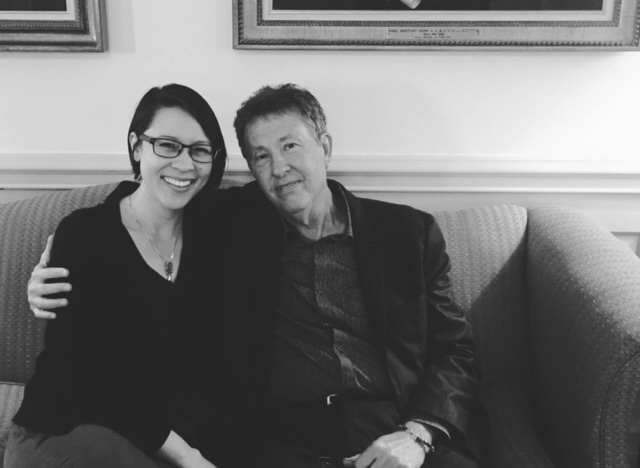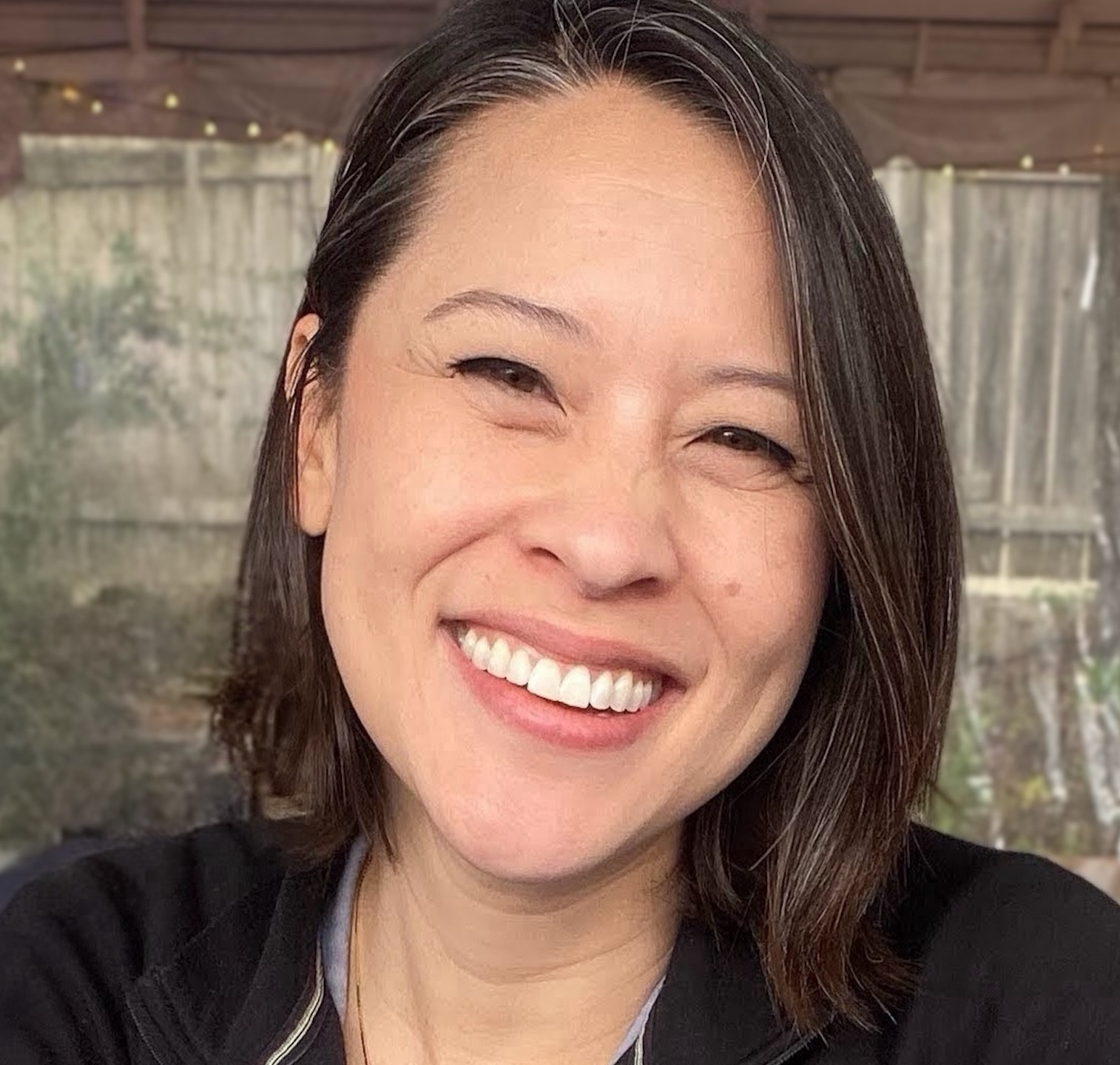
I first met Marc Ellis as an undergraduate at Baylor University and, unlike his graduate students, had no idea who he was. I had no knowledge of his scholarship or his standing. I was too ignorant to be impressed or intimidated. To me, Ellis was simply my teacher and mentor. It was only later that I came to realize that this opinionated and somewhat peculiar Jewish man who rode a recumbent bike around his neighborhood and was a fixture of my life at Baylor was also a significant figure within the field of liberation theology.
One common characteristic of liberation theologies is that they are born of particularity. Such theologies arise out of specific times and places to address the particular forms of oppression being experienced by particular people. It is a theology steeped in context. In the work of Latin American theologian Gustavo Gutiérrez, the primary context is the struggle of the poor in Latin American who have been disenfranchised to the point of being rendered subhuman. In the work of feminist theologian Rosemary Radford Ruether, the primary context is the plight of women, the patriarchal nature of traditional approaches to religion and theology, and how women might claim space for themselves. In the work of Black theologian James Cone, the primary context is the plight of Black Americans within a White-dominated racial economy undergirded by a White Christian imagination. Each of these theologians advocates for more than the liberation of the people occupying these particular contexts, having a more expansive message of freedom embedded within their vision of a redeemed society. What is notable about Marc Ellis’s work, however, is that this capacious and inclusive move toward liberation is not simply an aspect of his theology, it is the very heart of it.
Throughout his career Ellis sought Jewish liberation. Yet, his position moved beyond the claim that the Jewish people are God’s chosen and, therefore, God is with them in their suffering. He believed this to be true, but the liberative message he offered was far more challenging than that. For him, Jewish liberation did not mean deliverance from an external oppressor. Rather, Jewish liberation meant release from the Constantinian complicity of the Jewish state, a political project that has resulted in the domination, displacement, and dehumanization of the Palestinian people.
Driven by fear and a desire for survival that emerged in response to the atrocities of the Holocaust, Ellis believed that the Jewish people have come to idolize their own safety and security at the expense of the authentic and vulnerable relationality to which God has called them. And so, in an effort to secure themselves, Jews have inflicted upon Palestinians the very oppressive strategies from which they have sought to protect themselves. From the ghettoization of the Jews in Nazi Germany to the ghettoization of the Palestinians in Gaza and the West Bank; from the walled Nazi concentration camps to the Israeli West Bank Barrier; from the destruction of Jewish homes to the dispossession of the homes of Palestinians; from the plundering of Jewish assets to the discriminatory regulations that have decimated the livelihood and economy of the Palestinian people—Ellis recognized these parallels with a level of clarity that compelled him to denounce the injustices perpetrated by the State of Israel, a decision that made him particularly unpopular among certain Jewish and Christian leaders who preferred his silence.
For Ellis, Jewish liberation did not mean deliverance from an external oppressor. Rather, Jewish liberation meant release from the Constantinian complicity of the Jewish state.
His critique of Israel, however, was not an indication that Ellis was somehow inauthentically Jewish or antisemitic, as some would claim. On the contrary, it was, in part, his deep connection with the Jewish tradition—with Jewish philosophy and the prophets—that moved him to condemn Israel’s actions. His time meditating on the writings of Jewish philosophers like Martin Buber led him to understand the sacredness of encounter. “All real living is meeting,” Buber writes in I and Thou (11). There is divinity in our authentic connection to one another. Through encounter, we are met by the divine. God “becomes ever nearer, increasingly near to the sphere that lies between beings, to the Kingdom that is hidden in our midst, there between us” (119–20). By encountering another person as Thou, we are met by the ultimate Thou. We are met by God.
This sacredness of meeting was a guiding principle in Ellis’s life. It was this holy encounter that he believed to be missing from the State of Israel’s view and treatment of the Palestinians. Without it, the Jewish people turned a blind eye to the real struggles and suffering of their Palestinian neighbors. And, in this way, they alienated themselves from God. It was from this self-alienation that the Jewish people needed liberation. As such, Ellis’s rebuke of the Israeli government was born not from a lack of care for his own people, but from his deep and abiding love for them.
Rebuke as an expression of love has an important place within the Jewish scriptural tradition. We see it in the prophets’ words of condemnation, warning, and call to repentance and transformation. Prophetic rebuke, while perhaps caustic in tone, is nonetheless an invitation into right relationship with God, often through the restoration of right relationship with others. And so it was with Ellis’s own prophetic speech. Though at times off-putting to those on the receiving end, his words of caution and calling almost always stemmed from a place of love, as they invited the recipient into deeper knowing, more profound connection, and truer faithfulness.
This sacredness of meeting was a guiding principle in Ellis’s life. It was this holy encounter that he believed to be missing from the State of Israel’s view and treatment of the Palestinians.
I remember being called out by Ellis on more than one occasion over the course of our friendship: once for having missed Shabbat dinner at his home, and a second time regarding my attitude toward myself and my identity. As a biracial kid growing up in predominantly White circles in the South, I had learned that whiteness was both normal and preferred. As a Christian growing up in Dallas, I had learned that race didn’t really matter. After all, as the Apostle Paul once wrote, “There is no longer Jew or Greek; there is no longer slave or free; there is no longer male and female, for all of you are one in Christ Jesus” (Galatians 3:28–29). From this, I had concluded that, if my true identity was in Christ, then my racial identity was inconsequential. And so, I saw myself as White and largely ignored my Chinese identity, perhaps secretly hoping that others would do the same. While I had yet to admit any of this to myself, let alone to Ellis, he somehow saw the truth of my situation and, in that moment, spoke a challenging, prophetic word over my life. He told me that unless I came to know and accept my Chinese identity, I would never truly know myself.
Initially, his words struck me as patently false. Steeped in American individualism’s story of the “self-made man,” I struggled to see how my sense of self could be bound up with a history, family, and culture that, at that time, felt fundamentally foreign to me. Nonetheless, Ellis’s words stayed with me, prompting me to think deeply about the nature of identity beyond individualism. What did it mean to be constituted by people and places from which I had been separated not only geographically, but also linguistically and culturally? What did it mean to be constituted by people whose stories I had not been told? I now wonder whether it was perhaps because of Ellis’s own diasporic identity that he so readily recognized and spoke to the diaspora that I, too, was navigating.
Whether in his writing, his relationship with students, or his routine exchanges, Ellis sought to live a life of encounter. He was a person of presence. Being present was of course, for him, a profoundly spiritual practice that entailed seeing and witnessing. Retiring to Cape Canaveral, Ellis cultivated this practice of presence in his landscape photography, painting, and poetry. Each day, he strived to see, to acknowledge, and to be present with the world, both in its beauty and in its painful loneliness. He chose not to look away from any of it.
He also practiced presence in his relationships. He was someone who loved to joke, was quick to laugh, and refused to take himself too seriously. When Gustavo Gutiérrez visited Baylor, Ellis convinced this world-renown scholar—who, albeit a giant within the field of liberation theology, is a man of decidedly modest height—to hoist himself up into a full-sized pickup truck wearing a Texas-sized cowboy hat. I still remember the photo. In it, Gutiérrez looked like a child trying on his parent’s clothing. He was lifting the brim of the hat so that he could peer out from beneath it and was grinning from ear to ear. Ellis tended to his friendships. He was the kind of person who kept in touch. Even after illness restricted his movement and sapped his energy, he stayed connected and as present as he could with the people in his life.
I was able to speak on the phone with Marc three weeks before he died. We talked about a lot of things: sickness, death, anger, but also love and family. We talked about the beauty of life and fear of the unknown. I told him that I loved him. I told him how much he meant to me. And he told me how thankful he was that we had encountered one another. The influence of Ellis’s life extends beyond his scholarship and prophetic witness. For those of us who knew him, it was his life of authentic encounter that impacted us the most. Marc Ellis encountered us, and in the sacredness of meeting, we were forever changed.


I appreciated Professor Wong’s illuminating words through the window-web of friendship, a relational phenomenon that all can identify with–especially those free enough to cultivate it. I valued her mentor’s deeper investigation into the ongoing legacy of Jewish nationalism/Zionism and his interpretation from a liberation-theological and historical perspective, Bottom-line is we are all co-creators and fashion our own little galaxies of mutual and hopefully reciprocal care and support. We are self-constituted by “other”‘s in imperceptible ways. Through some mysterious dynamic that could be called grace since it seems so transcendent, these bonds become cherished as care and love. They feed our gratitude. And like Professor Wong’s reflection, they become Word.